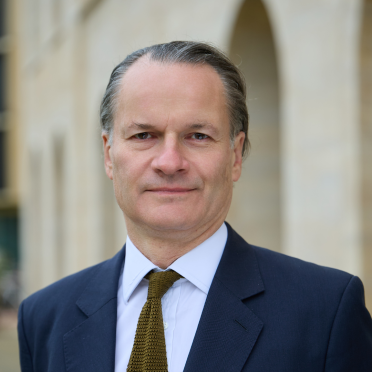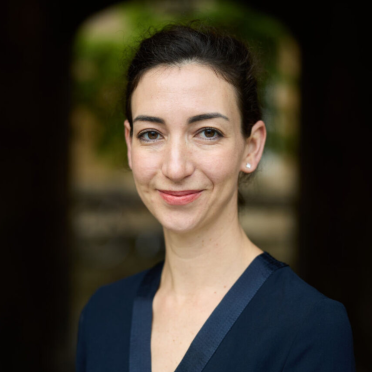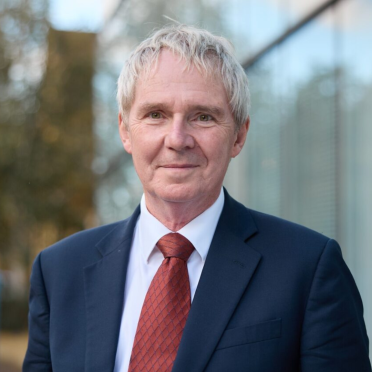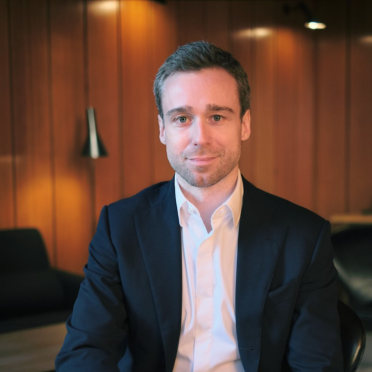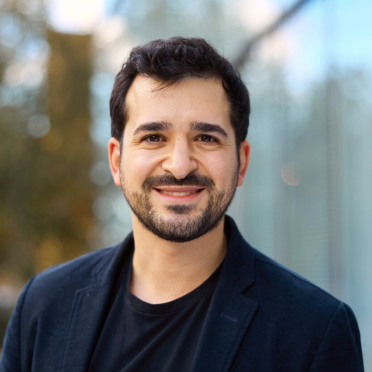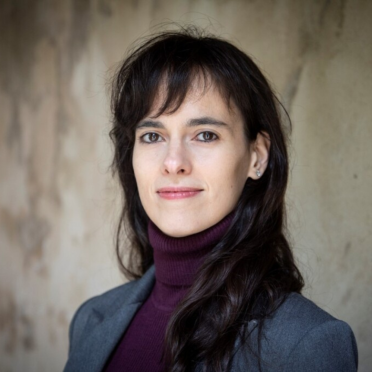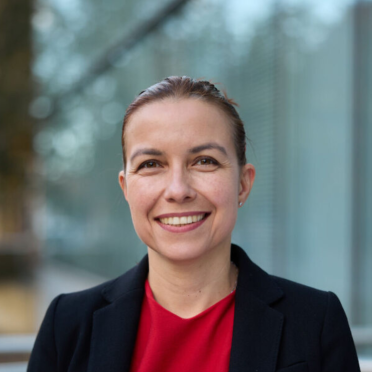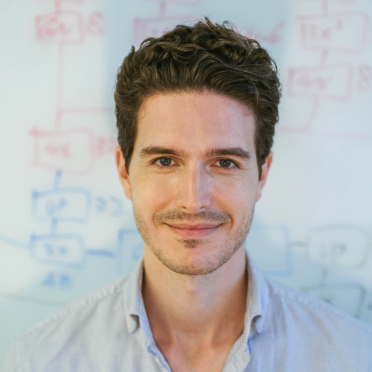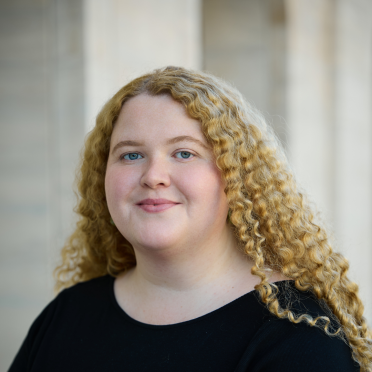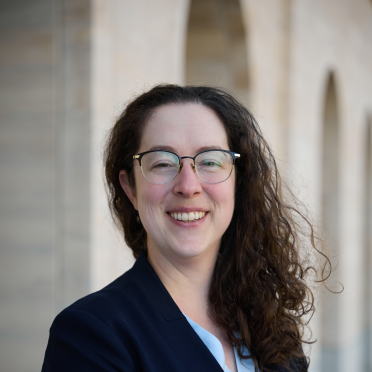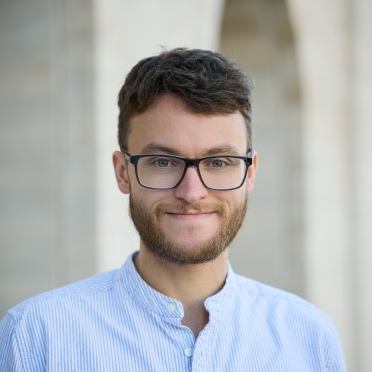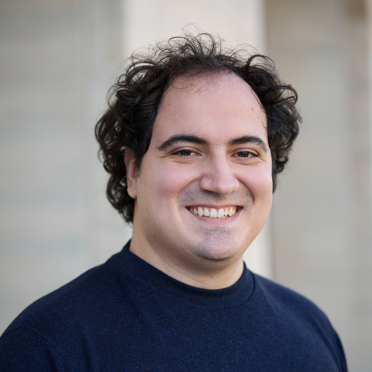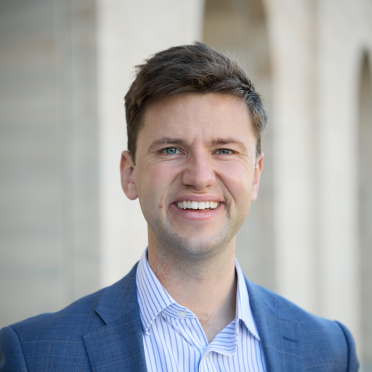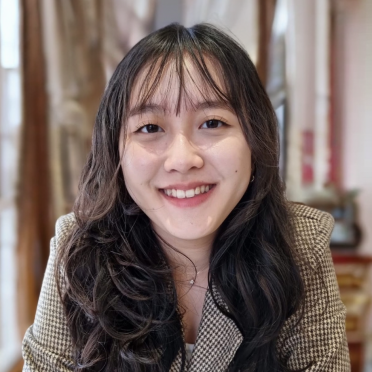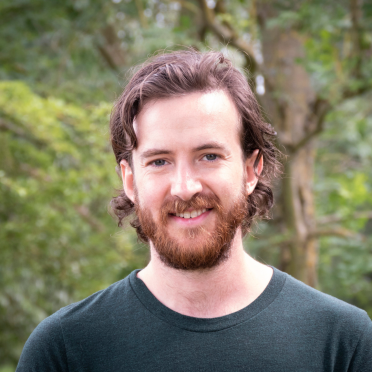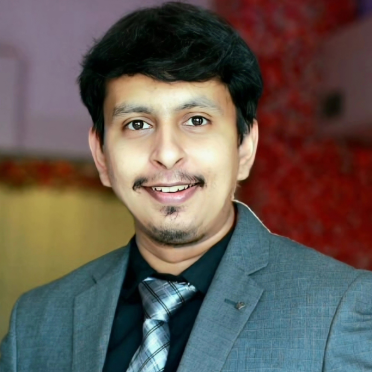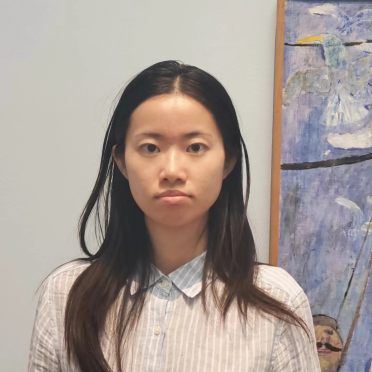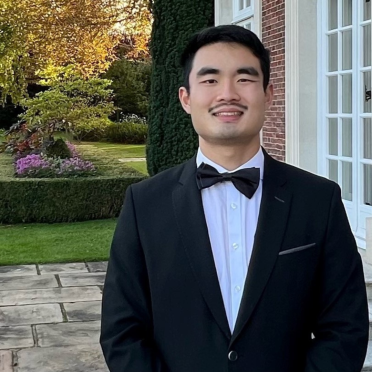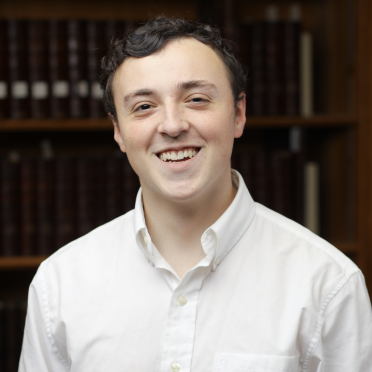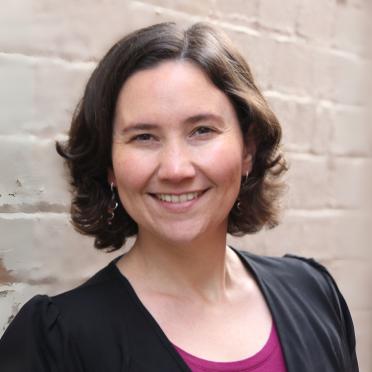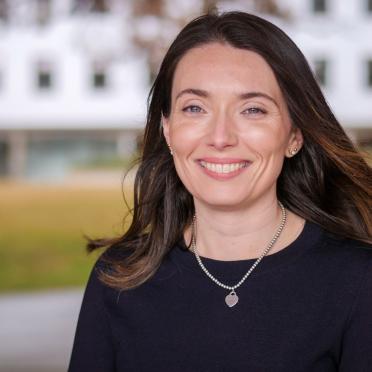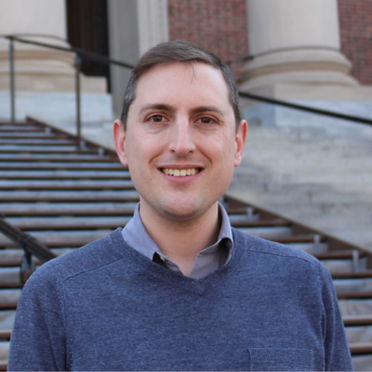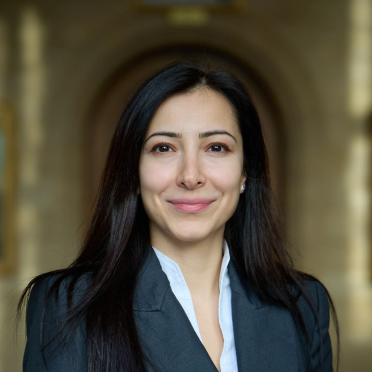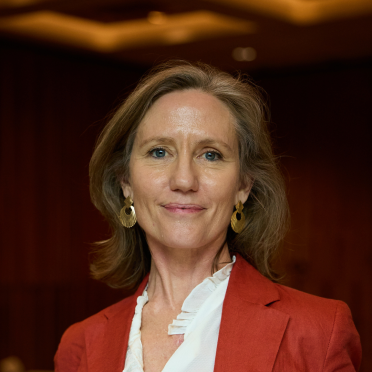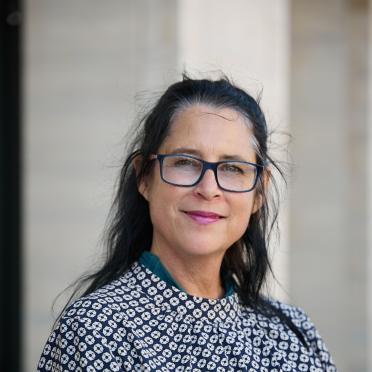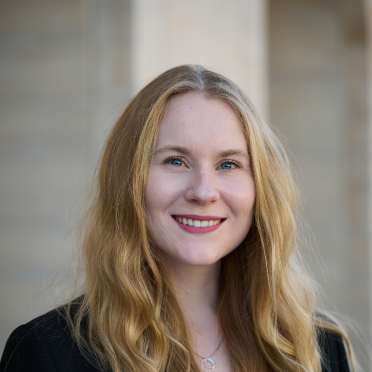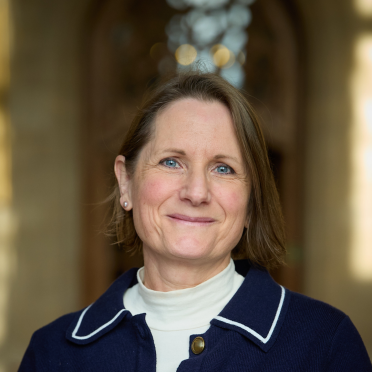Senior Management Team
-
Professor Edward Harcourt MBE, Director of the Institute for Ethics in AI (Interim), is Professor of Philosophy at the University of Oxford and a Fellow of Keble College. His academic expertise lies at the boundary of ethics and the philosophy of mind, an intellectual foundation he brings to questions of AI governance and human agency. At the Institute for Ethics in AI, his research focuses on AI and humanity: how human values can shape the design, governance and use of AI and how philosophical reflection on AI can help to identify what’s unique to human beings.
-
Dr Caroline Green is the Institute’s Director of Research and Head of Public Engagement, leading the Institute's Accelerator Fellowship Programme. Caroline's research focuses on AI and human rights, specifically in the fields of health and social care.
-
Professor Sir Nigel Shadbolt is a leading researcher in Artificial Intelligence and was one of the originators of the interdisciplinary field of Web Science. His current work at the University of Oxford focuses on human-centred AI across a wide range of applications. He is Principal of Jesus College, Co-Founder and Chairman of the Open Data Institute, and a member of the UK Council for Science and Technology, which provides independent advice to the Prime Minister on science and technology policy issues across Government.
Professors, Associate Professors and Lecturers
-
Philipp Koralus is McCord Professor of Philosophy and AI and Director of the Human-Centered AI Lab (HAI Lab) in the Institute for Ethics in AI at the University of Oxford. He is the author of Reason and Inquiry (OUP 2023). His research interests focus on bringing philosophy into tech, specifically around the concepts of reason and agency, and bringing AI into the service of human flourishing. He is a Fellow by Special Election at St. Catherine’s College.
-
Ignacio Cofone is Professor of Law and Regulation of AI at Oxford at the Faculty of Law and the Institute for Ethics in AI. His work examines how the law can and should adapt to AI-driven social and economic changes. His current research projects focus on how to address nonmaterial AI harm and on regulatory design that fosters human-centered AI innovation.
-
Carissa Véliz is an Associate Professor in Philosophy at Oxford’s Institute for Ethics in AI and a Fellow at Hertford College. Author of Privacy Is Power (an Economist Book of the Year, 2020), she researches privacy, AI ethics, and how technology shapes society.
-
Ekaterina Hertog is the Associate Professor of AI and Society, joint with the Oxford Internet Institute, at the University of Oxford. Her research interests lie at the intersection of digital sociology and family sociology. .
-
Raphaël Millière is an Associate Professor in Theoretical Philosophy and Computer Science and AI2050 Fellow. His research investigates foundational questions about the cognitive capacities and limitations of AI systems.
-
Vincent Conitzer is Head of Technical AI Engagement at the Institute for Ethics in AI, and Professor of Computer Science and Philosophy, at the University of Oxford. Conitzer’s work has focused on AI and game theory, and more recently AI and ethics.
-
Emma Curran is a Departmental Lecturer in Ethics at the Faculty of Philosophy and Hertford College. Emma works in normative ethics, practical ethics, and metaphysics. Her most recent work has centred around three themes: the nature of our moral reasons to bring about worse worlds; the conceptualisation, aggregation, and distribution of risk; and our obligations to far-future people.
Early Career Research Fellows
-
Federica’s research lies at the intersection of criminal law, tech law and human rights. She examines how the use and regulation of AI are transforming contemporary criminal justice systems and reshaping the balance between public security and individual rights.
-
Dr Grieman works in law, regulation, and policy for AI. She is the author of Law, Death, and Robots: The Regulation of Artificial Intelligence in High-Risk Civil Applications, published by Hart. Her research aims to bridge the gaps between law, technology, and responsible innovation.
-
As an Early Career Research Fellow in Moral Philosophy, Thomas is researching the topic of trustworthy AI. Thomas has worked previously in the ethics of influence, particularly technologically-enhanced methods of influence, as well as the philosophy of trust and trustworthiness.
-
Theodor Nenu is an Early Career Research Fellow in AI and Theoretical Philosophy. Theodor’s current research interests fall within the Philosophy of AI and Cognitive Science - with a special interest in the theoretical and ethical questions raised by artificial minds.
-
David Storrs-Fox is an Early Career Research Fellow at the Institute and a Junior Research Fellow at Jesus College. David works in moral philosophy, metaphysics and the philosophy of action. His current research concerns the ethics of groups that are composed of both human and AI agents, with a focus on the abilities such groups have and the moral responsibility they might bear.
Graduate Scholars
-
Desiree Cho is a DPhil student in Computer Science at the University of Oxford, supervised by Prof Sir Nigel Shadbolt and Dr Jun Zhao, and a member of the Human-Centred AI Group at the Department of Computer Science. She joined the Institute for Ethics in AI in 2025 as a Computational AI Ethics Scholar, when she started her DPhil.
-
Zandi is a Computer Science DPhil Scholar at the Institute for Ethics in AI. Her doctoral work will focus on human-centred computing, with the goal of designing AI systems that measurably improve human wellbeing across cultural contexts.
-
Bryce Goodman is affiliated with the Institute, the Uehiro Centre for Practical Ethics and the Wellcome Centre for Ethics and Humanities.
-
Elise is a Population Health DPhil Scholar at the Institute for Ethics in AI, a Clarendon Scholar, and a recipient of the Baillie Gifford-Institute for Ethics in AI Scholarship. She is also affiliated with Oxford’s Ethox Centre and Wellcome Centre for Ethics and Humanities.
-
Imogen Rivers is a DPhil Scholar at the Institute for Ethics in AI and a Bedingfield Scholar at Gray's Inn.
-
Luka Veljovic is a Law DPhil Scholar at the Institute for Ethics in AI and Keble College. His research focuses on the legal implications of using artificial intelligence, blockchain, and other emerging technologies in the development of fully automated construction contracts.
-
Varad Vishwarupe is a Computer Science DPhil Scholar at the Institute for Ethics in AI. His research interests lie at the confluence of Explainable Artificial intelligence, Human-Computer Interaction, Machine Learning, Ethical and Human-Centred AI.
-
Helena Ward is a Philosophy DPhil Scholar at the Institute for Ethics in AI. Her research examines the relationship between intimacy, privacy, and AI, and provides an account of the distinctive sorts of harms and wrongs following intimate privacy violations.
-
Jiamin specialises in both Computer Science and Philosophy. She is currently working on ethical questions in artificial intelligence under the supervision of Professor Philipp Koralus.
Affiliated Students
-
Amelie is a DPhil candidate in Law at the University of Oxford. Her doctoral research examines tort liability in the use of high-performing AI. Amelie was previously a Stipendiary Lecturer in Contract Law at St John's College and a Stipendiary Lecturer in EU Law at New College.
-
Michael Cheng is pursuing a DPhil in Philosophy at Magdalen College, where his research explores AI and philosophy.
-
Ben Lang is a DPhil candidate in philosophy at Blackfriars College. His research interests centre around moral responsibility and AI, specifically within the context of human-AI collaboration or interaction.
Visiting Fellows
Professional Services Team
-
Graham leads event strategy, development, and management for the Institute, the Accelerated Fellowship Programme, and the HAI Lab.
Contact: aiethicsevents@philosophy.ox.ac.uk
-
Cristina Bratu, Communications and Liaison Manager, leads the communications strategy for the Institute, Accelerated Fellowship Programme and HAI Lab, overseeing digital content, media relations, internal communications, and stakeholder engagement. She is the primary point of contact for media enquiries and communications projects.
Contact: aiethicscomms@philosophy.ox.ac.uk
-
Petra leads the administration of the Accelerator Fellowship Programme (AFP), working closely with Dr Caroline Green. A member of Oxford’s Professional Services staff since 2020, Petra specialises in programme coordination, recruitment, event support, and finance.
Contact: aiethicsafp@philosophy.ox.ac.uk
-
Bonny leads the administration of the HAI Lab, as well as providing Communications support to the Institute and Accelerated Fellowship programme. Bonny is an information specialist and graphic designer with extensive experience in communications, knowledge management and knowledge translation.
Contact: aiethics-hailab@philosophy.ox.ac.uk
-
With over two years of experience as an Administrative Assistant in Research Institute settings, Bethany provides administrative and operational support across the Institute and its initiatives, working closely alongside the Institute Administrator.
Contact: aiethics@philosophy.ox.ac.uk
-
Marie has served as Institute Administrator since 2020, overseeing the smooth and effective administration of its activities. She provides executive support to the Director and academic team, with responsibilities spanning governance, operations, finance, and recruitment, as well as coordinating key projects and initiatives.
Contact: aiethicsadmin@philosophy.ox.ac.uk
-
Jacqueline supports the management and delivery of events for the Institute, Accelerated Fellowship Programme and HAI Lab, working alongside the Senior Events Manager.
Contact: aiethicsevents@philosophy.ox.ac.uk

